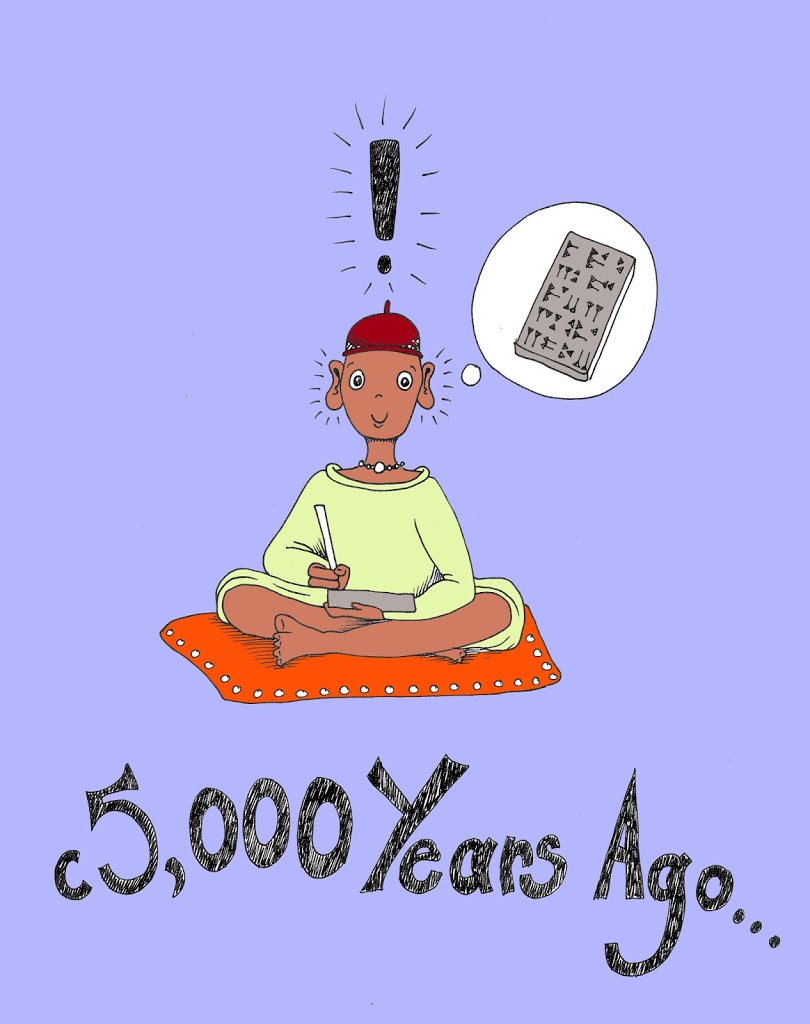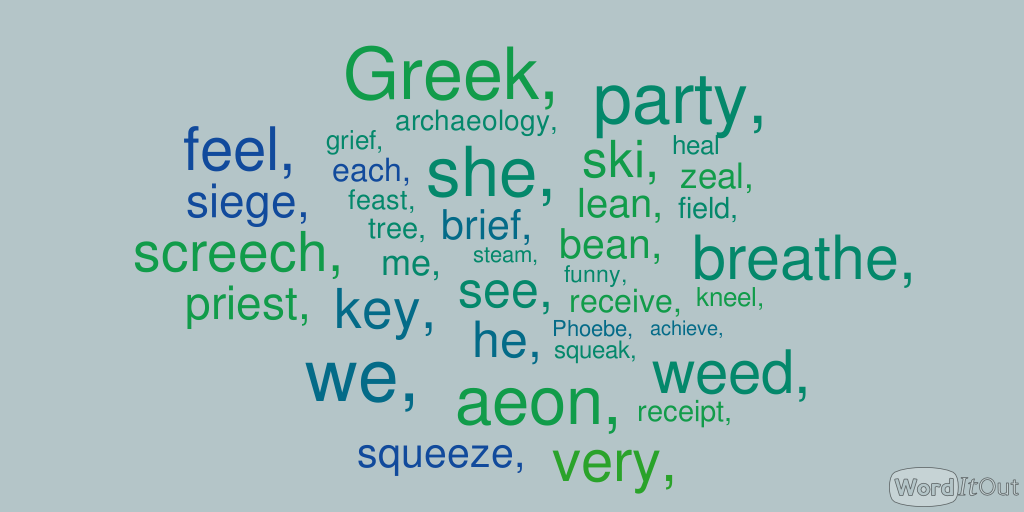Threshold concepts and the idea of sound to print
I’ve been thinking quite a bit recently about Glynis Cousin’s short introduction to ‘threshold concepts’, an idea developed by Erik Meyer and Ray Land and, although I have reservations about some of the things she argues, I find her central theme quite helpful. She describes a threshold concept as one that is ‘central to the mastery of… Continue reading Threshold concepts and the idea of sound to print



